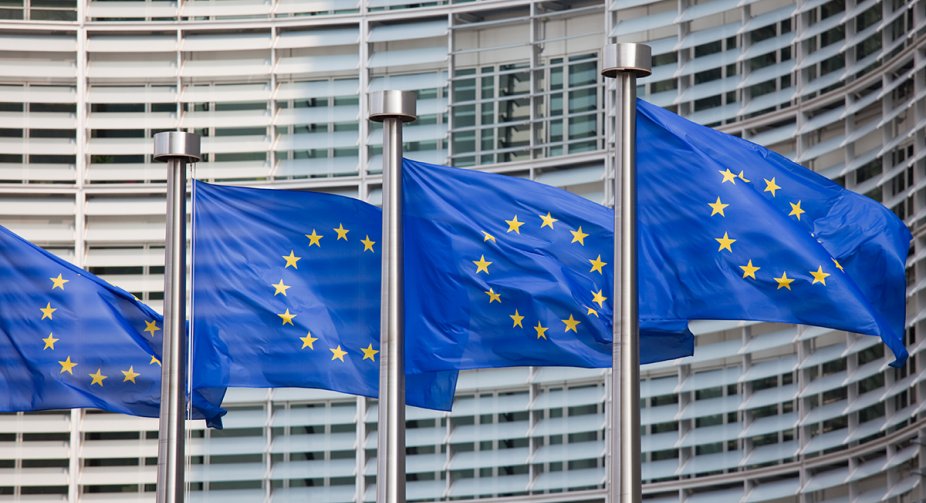On June 9, the Council of the European Union decided on its general approach to the EU law, which will introduce criminal penalties for violating EU sanctions against Russia.
The press service of the Rada informed about this on Friday.
Once adopted, this directive will be an important tool to ensure that violations of EU sanctions do not go unpunished.
"Sanctions are one of the most important tools of the European Union's support for Ukraine and its fight against Russian illegal aggression. This new law will facilitate the investigation, prosecution and punishment for violations of sanctions measures throughout the EU," explained Gunnar Strömmer, Minister of Justice of Sweden, which currently chairs the Council of the EU.
The bill defines the behavior that member states are to criminalize.
Actions that EU member states will define as criminal offenses include: assisting persons subject to EU restrictive measures to circumvent an EU entry ban, trading in sanctioned goods and carrying out transactions with countries or entities subject to restrictive measures EU.
The Council of the European Union also requires member states to ensure that violations of EU sanctions are punishable by effective, proportionate and dissuasive criminal penalties.
The draft directive provides that the punishment will vary depending on the offense.
Member States will also have to update their national legislation so that aggravating circumstances are taken into account when determining the penalty.
An aggravating circumstance, for example, will be the commission of a crime within the framework of a criminal organization or by a public official.
Member States should also step up their efforts to enforce sanctions.
Member States must also take measures to freeze and confiscate the proceeds of sanctions violations.
In addition, EU countries will be obliged to guarantee cooperation and coordination between various law enforcement and judicial authorities. Cooperation on criminal investigations of sanctions violations will also take place at the European level - between member states, the European Commission and EU agencies such as Europol or the European Public Prosecutor's Office.
Ensuring the implementation of EU sanctions is the responsibility of the member states. But the types and levels of penalties may vary across member states, as national systems dealing with breaches of EU sanctions differ significantly.
Currently, member states are not required to criminalize violations and can apply administrative sanctions, with maximum criminal penalties ranging from 2 to 12 years of imprisonment.






